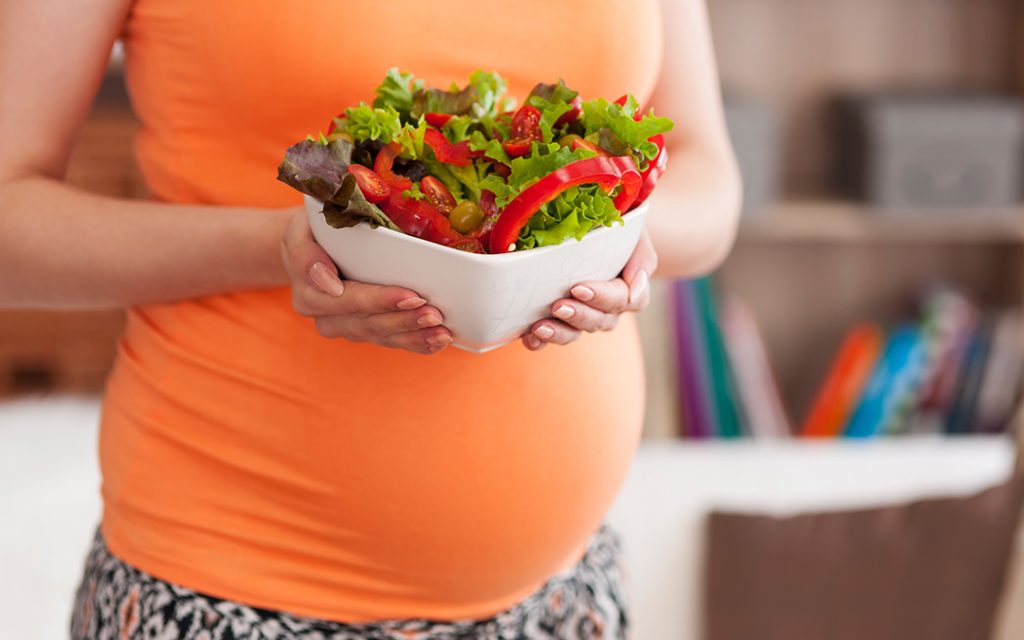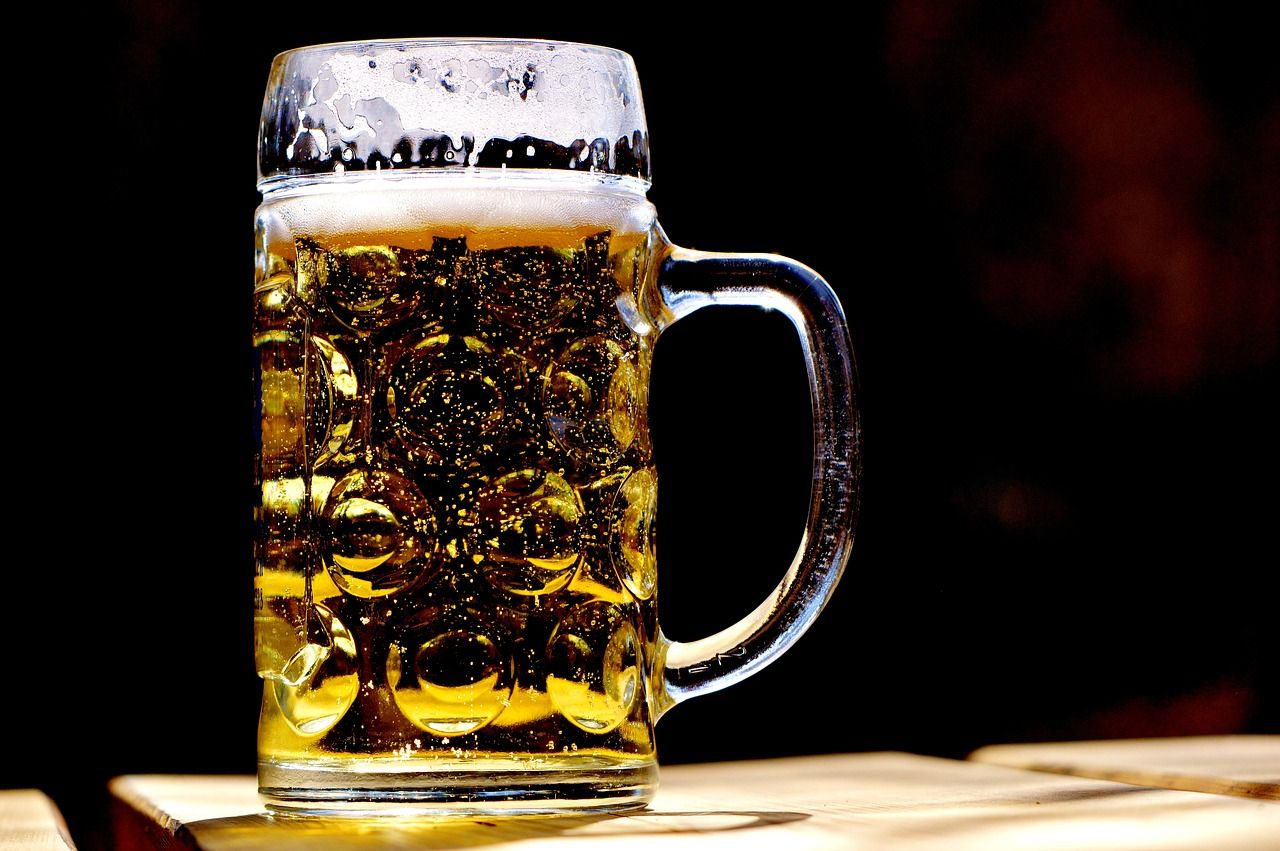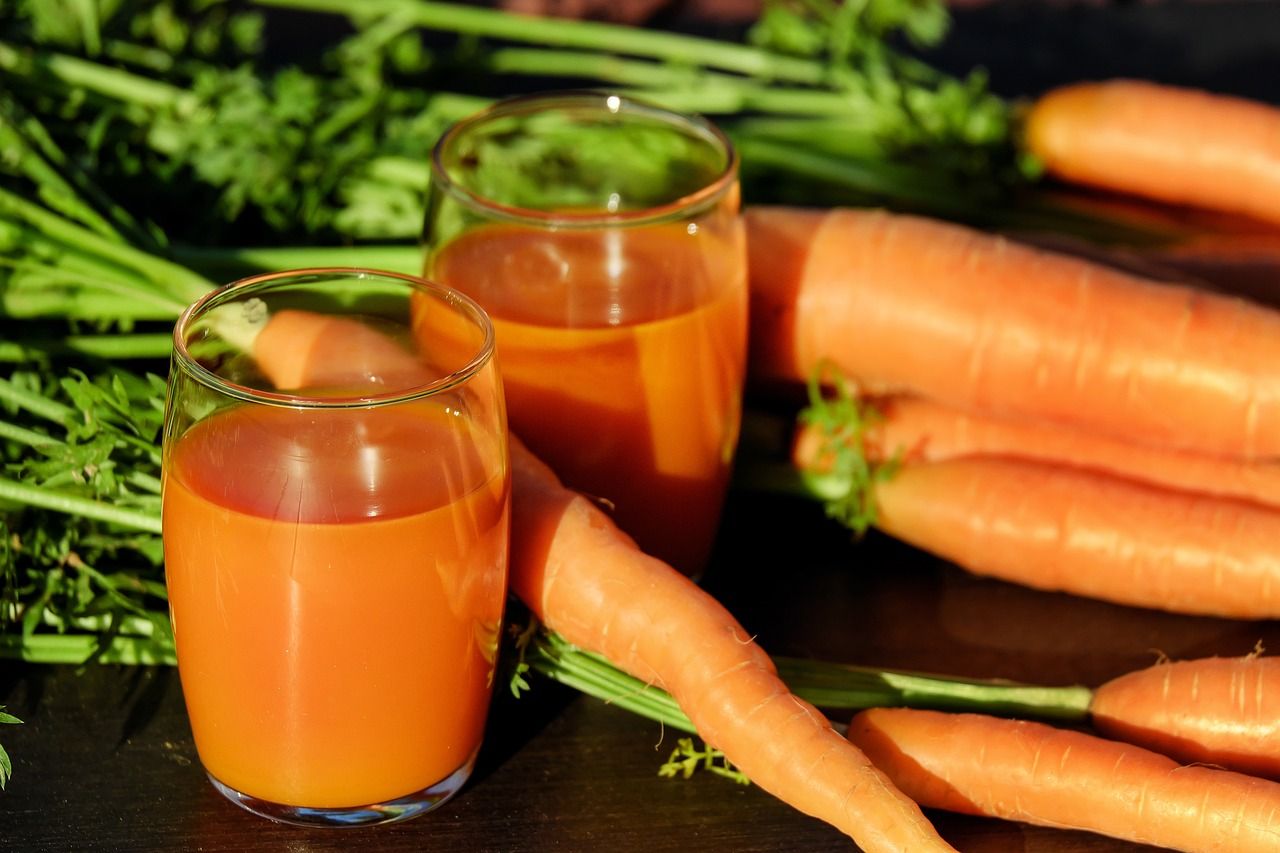It is important to consider your age at every stage!
Due to the body’s developing and disintegrating, rather than because of a winding time span. No matter what age one is at, the body goes through several remarkable changes that have an impact on their life in different ways. As a result, one must be aware of health guidelines as per age in order to serve family members and oneself towards a better life and health.
We have different nutritional requirements at different stages of our lives. You must consider the extra demands that these changes make on your body in order to remain fit and healthy. It is possible to meet these basic requirements by eating fruits, vegetables, whole grains, legumes, dairy products, and lean meats.
Healthy Eating &Nutrition for Babies – birth to six months of age
Between birth and one year of age, babies usually double in size and triple in weight. Generally, breastmilk provides an infant with the required amounts of nutrients, fluids, and energy up to the age of six months. The recommendation is to exclusively breastfeed infants up to age six months.
If possible, it is preferable to breastmilk over infant formula since it contains many beneficial protective and immunological factors. Infants younger than six months should not be offered fruit juice.
Correctly prepared breastmilk or infant formula provides sufficient water to replace any water lost by a healthy baby. After solid food is introduced, all babies need additional fluids.
Healthy Eating Food for babies – six to 12 months of age
Solid foods are recommended around six months of age to meet your baby’s growing nutritional and developmental requirements. Breastfeeding should be continued until the child is twelve months old or as long as the mother and child wish.
It depends on society as to what food a baby should be given when starting to feed. Foods and preparation methods that are culturally appropriate and nutritionally adequate should be encouraged.
With gradual weaning from the breast or bottle and introduction of new solids, a baby’s body iron stores may be reduced. Here are some tips to maintain nutrient at this stage:
- You should feed your baby iron-rich foods, such as iron-enriched cereals, pureed meats and poultry dishes, plain cooked tofu, as well as legumes/soy beans/lentils. Rice-based cereals enriched with iron are frequently suggested as the first food to be introduced, since they pose a lower risk of an allergic reaction.
- Food can be introduced in any order as long as the texture is appropriate to your baby’s developmental stage. Vitamins and minerals are found in fruits, vegetables, poultry, fish, and whole eggs.
- Your baby’s food should not contain salt, sugar, or honey. It is not necessary.
- Fruit juice should be avoided in favor of whole fruit. Drinks with added sugar should be avoided.
- Take away the bottle after your baby finishes drinking to prevent long-term exposure of their teeth to sugar-containing liquids.
- To reduce choking risks, avoid whole nuts, seeds, and similar hard foods.
- One food at a time should be introduced. To avoid confusion and to eliminate any possibility of food allergy and sensitivity, introduce new foods every three to four days.
To know more about the diet of infants, click here.
Healthy Eating for young children
Once a child has started eating solids, offer a variety of foods to ensure adequate nutrition. It is important to encourage young children to eat a variety of foods, as they are often picky about food. A child may need to try new foods again before they accept them. They may need to try them eight to fifteen times before they accept them.
The food intake of children (spontaneously) varies with their growth patterns throughout childhood. The food needs of children vary greatly according to their age and activity level. An increasing number of nutrients, vitamins, and minerals are required by children as they grow.
As children approach adolescence, they should be accumulating stores of nutrients to prepare for this rapid growth spurt. Whether food intake is appropriate is determined by weight gain and development.
In addition to overweight and obesity, children with food sensitivities and tooth decay also face food-related problems.
The following recommendations are made:
- Eat nutrient-poor, energy-dense snacks if your child is gaining excessive weight. Encourage your child to become more active. Reduce your child’s television watching.
- Brushing your teeth regularly and visiting the dentist can prevent tooth decay. Steer clear of sticky or acidic foods and beverages.
- Water is especially important for your child. Juices and soft drinks should be limited.
- Reduced-fat milk should not be given to children under two due to their high growth rate and increased energy needs.
- Peanuts, shellfish, and cow’s milk are some foods that trigger allergic reactions. You should be especially careful if you have a family history of food allergies.
To know more about the diet of toddlers, click here.
Healthy Food for children entering their teenage years
In adolescence, children need plenty of nutrients and calories during a growth spurt. Around age 10 to 11, girls generally experience a growth spurt. Boys generally experience one around the age of 12 to 13.
Recommendations include:
- In addition to supplying extra energy, foods should provide nutrients, not just ’empty calories’.
- The balance between takeaway and fast foods should include nutrient-rich foods such as wholegrains, legumes, nuts, vegetables, fish, and lean meats.
- The consumption of milk, yoghurt, and cheese (mostly reduced fat) is important for calcium absorption – particularly for growing bones. Lower salt cheese is recommended.
- The consumption of milk and milk products by adolescents should be encouraged.
To know more about the diet of preteens, click here.
Healthy Food for Older teenagers and Young Adults
When teens and young adults move away from home, start working or going to school, and change their lifestyles, their diets can change in ways that are not always beneficial for their health.
Recommendations include:
- Engage in physical activity on a regular basis.
- Dietary fats and salt should be reduced.
- Be sure to include iron- and calcium-rich foods in your diet.
- Maintain healthy eating habits throughout your life.
To know more about the diet of young adults related to weight loss, diabetes issues, you can contact us for more details.
Healthy Food for Pregnant Women: Nutritional Requirements
In the first and second trimesters, pregnant women should prioritize nutrient intake rather than calories. Pregnant women are expected to gain between 10 and 13 kg during pregnancy. However, this is dependent upon the mother’s weight before pregnancy.
Recommendations include:
- There should be no ‘crash diets’, as this can be harmful to the unborn child.
- ‘Eating for two’ will result in unneeded weight gain. The average second- and third-trimester pregnancy requires an additional 1,400 to 1,900 kilocalories a day.
- Rather than focusing on quantity, focus on quality.
- You should accommodate cravings, but not replace healthful foods with them.
- During pregnancy, pregnant women require more folate, iron, vitamin B12 and iodine.
- The body requires iron for oxygen transport. If it is recommended by your doctor, you can take iron supplements during pregnancy, but only if your doctor says so. Foods containing vitamin C are more likely to absorb iron.
- To prevent neural tube defects (like spina bifida) in the unborn child, folate is essential three months before and in the first trimester of pregnancy. Foods high in folate (such as green leafy vegetables, fruits, and legumes) should be consumed by all women of childbearing age. To prepare for pregnancy, you need 400 mcg of folate/day; if you are pregnant, you need 600 mcg/day. A folate supplement can be obtained as well as a diet high in folate-rich foods (consult your doctor first). The folic acid added to foods in the form of folic acid (a form of folate) is now a requirement for all bread-making flour. In this way, women will be able to meet their recommended folate intake.
- For a baby’s normal development and growth, it is essential to get enough iodine. During pregnancy, iodine supplements are often recommended to meet the increased requirements, since foods (such as seafood, iodised salt, and bread) may not contain enough iodine. Consult your doctor for more information.
- Calcium intake during pregnancy does not increase specifically. Pregnant women must, however, make sure that they get enough calcium during pregnancy.
- Alcohol consumption during pregnancy is not known to be safe. It is recommended that you do not drink alcohol during pregnancy.
- There is a recommendation for pregnant women to avoid foods that have a higher risk of containing listeria bacteria (such as soft cheese and cold seafood) and to be aware of foods higher in mercury (such as flakes of certain fish). The bacteria can seriously harm your unborn child.
- There are many benefits to being physically active. While you are pregnant, you can remain physically active if you are healthy and active. If not, speak to your doctor.
- Be sure to drink plenty of fluids.
- Don’t smoke – passive and direct smoking are linked to growth retardation, spontaneous abortions, stillbirths, placental complications, and low birth weight.
To know more about the diet and nutrition of pregnant ladies click here.
Healthy Food for Breastfeeding Mothers
The demands of breastfeeding require a considerable amount of energy from breastfeeding mothers. In order to help meet the additional nutritional requirements that occur during breastfeeding, this extra energy should come from nutrient-dense foods. Vitamin B12 should be taken by vegans while breastfeeding (and during pregnancy).
The following recommendations are made:
- Consume enough calories – breastfeeding burns extra calories.
- You should eat nutrient dense foods, especially those high in folate, iodine, zinc, and calcium.
- Regularly eat and drink – breastfeeding can cause dehydration and constipation. A person’s fluid requirements are approximately 750 ml to 1000 ml above their basic needs.
- While breastfeeding, women should avoid drinking alcohol.
To know more about the diet and nutrition of breastfeeding mothers click here.
Healthy Eating & Food for Menopausal Women
Postmenopausal women are more likely to suffer from bone thinning due to hormonal changes.
Recommendations include:
- Take calcium supplements if you need to or eat calcium-rich foods, such as milk.
- Strengthening bones and maintaining a healthy body weight can be achieved by engaging in activities that bear weight.
- Many symptoms of menopause such as hot flushes can be reduced by following a high-fiber, low-fat, low-salt diet high in phytoestrogens. You can get the nutrients you need from soy products (tofu, soymilk), chickpeas, flax seeds, lentils, cracked wheat, and barley.
- You should eat a variety of wholegrain, nutrient-rich foods – wholegrain, legumes, soy-based products (like tofu, soy, and linseed cereals), fruits and vegetables, low-fat dairy products.
To know more about the diet and nutrition of menopausal women click here.
Healthy Food for Older People
When you get older, you tend to eat less, which makes it harder to make sure your diet is varied enough to provide all the nutrition you need.
Recommendations include:
- To maintain muscle mass and stimulate your appetite, keep yourself active as much as possible.
- Regular exercise and a well-balanced diet will keep you healthy.
- Eat foods that contain more nutrients than energy, such as eggs, lean meats, fish, liver, low-fat dairy products, nuts, seeds, legumes, fruit and vegetables, and wholegrain breads and cereals.
- You can boost your vitamin D synthesis for strong bones by spending a few minutes outside each day.
- Cakes, sweet biscuits, and soft drinks are high in calories and low in nutrients; limit them.
- To promote bowel health, choose foods high in fibre.
- Reduce the amount of table salt you use, especially when cooking.
- Make sure you eat a variety of foods and drink plenty of fluids.
- Spend time with family and friends at mealtimes.
To know more about the therapeutic diet related to heart ailments, click here
Conclusion
Nutrition therefore refers to eating a healthy and balanced diet that will provide your body with the nutrients it needs. Our bodies require nutrients in order to function and grow, and these substances are found in foods.
No matter what your age is, nutrition is important. You get energy from it. Several diseases may be prevented by it, including osteoporosis, high blood pressure, heart disease, type 2 diabetes, and cancer.
As we age, our bodies and lives change, and so do the things we need to be healthy. For instance, you may need fewer calories, but still need adequate nutrients.
You can contact us to know more about the nutrition for all ages.















